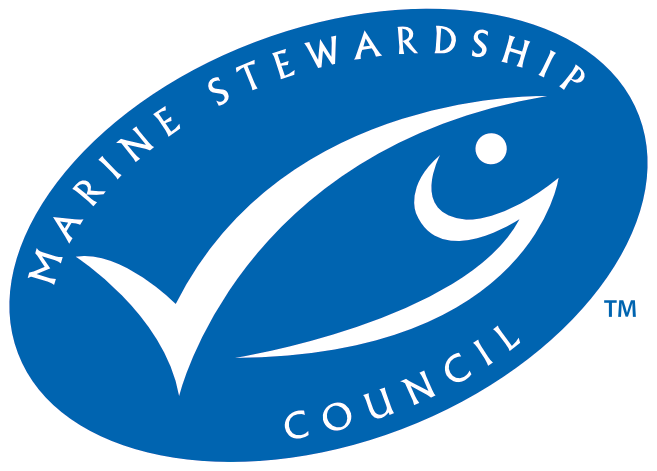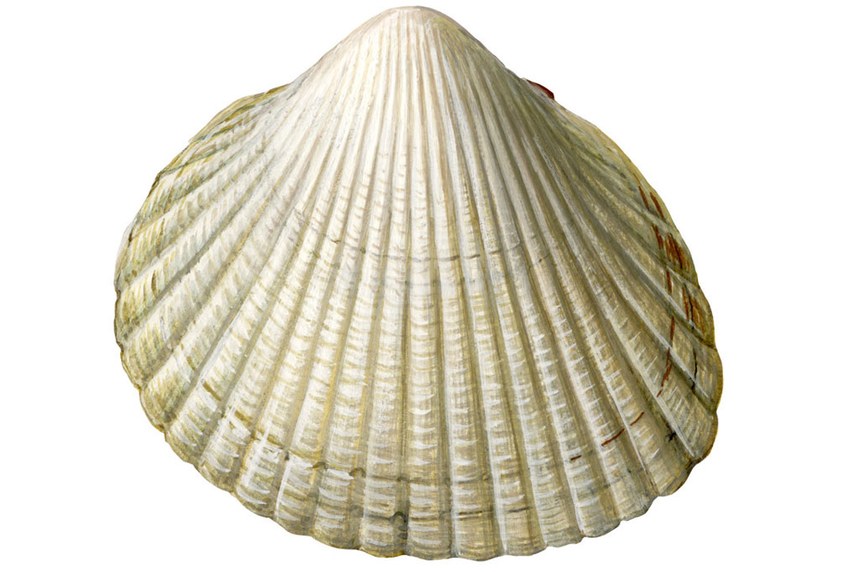
- Certifier :
- Control Union (UK) Limited
- Certified status :
- Certified
- Certified since :
- 03 Jul 2012
- Certificate expires :
- 14 Feb 2028
Overview
Fisheries are composed of one or more parts, each of which is entitled to receive an MSC certificate. These parts or “units” are defined by their target stock(s), fishing gear type(s) and if relevant vessel type(s), and the fishing fleets or groups of vessels.
When the term “Unit of Certification” is used for fishing units that are in assessment, it refers to the “Unit of Assessment” or “Unit of potential certification”. Expand a status below to view the parts that form this fishery. To check the detailed scope, download the latest certificate or open the Assessments page to get the latest report. Find out more by visiting our page on Fisheries
Catch by Species
| Species | Reported Catch Year | Metric Tonnes |
|---|---|---|
| Cockle (Cerastoderma edule) | 2024 | 997 |
Information is provided by an independent Conformity Assessment Body as live weight (the weight of species at the time of catch, before processing) and where a fishing season covers multiple years, the end year is given as the reported catch year. Additional information is available in the latest report, see the assessments page.
About this Fishery
Cockle (Cerastoderma edule) image © Scandinavian Fishing Year Book
The cockle is a common burrowing bivalve shellfish, occurring along all British and European coasts. It is common in intertidal and shallow waters, in muds, sands and muddy gravels. In broad, sheltered bays and estuaries densities can be extremely high. Cockles are an important food item for many wading birds, particularly over winter in the UK.
Cockles typically live for 2-4 years, although individuals can live to 9 or 10, and spawn from around 18 months. The number of eggs released is extremely large – typically greater than 1 million per animal.
Cockles in the Dee Estuary in Wales are raked up and harvested by hand. Licence holders may use a jumbo (a tool with a flat base and vertical handle which is used to bring cockles to the surface) to assist hand gathering, provided the base doesn’t exceed 140cm long and 30cm wide. Vessels are limited to 10m in length.
If you want to learn more about all current UK & Irish Fisheries’ journeys to certification, find out where to buy UK and Irish seafood with the blue fish, and get your hands on the latest mouth-watering recipes, visit the UK & Irish Fisheries Spotlight.
Market Information
Cooked cockles are sold throughout Europe, with some sold live to European markets.
